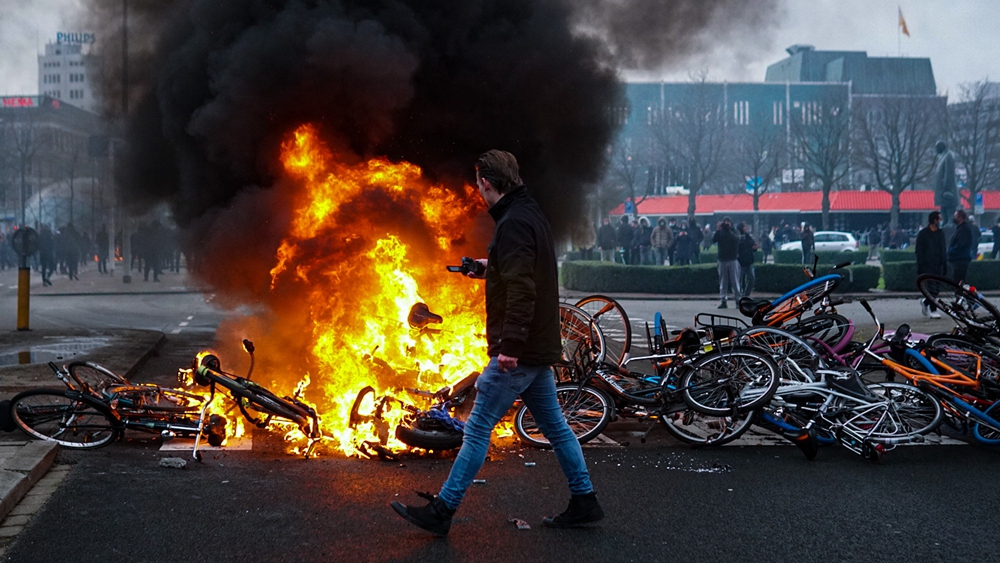

He said it was likely that the severity of the imminent Omicron wave could be even worse than that of the first wave last spring. Van Dissel outlined the views of the OMT, emphasising the fact that little was known about the new variant and that experts felt the current situation in the Netherlands was "worrying." He said the new restrictions were needed in order to curb the spread of Omicron and limit the pressure on the Dutch healthcare system.Īccording to Van Dissel, Omicron will be the dominant COVID-19 strain in the Netherlands before the end of 2021, replacing the Delta variant.

The Netherlands to celebrate second Christmas in lockdownĪlmost a year to the day since Rutte announced a hard lockdown for Christmas 2020, and only a few days after the government's last coronavirus press conference, Saturday saw the Dutch government call another, last-minute press conference in order to address the rising Omicron infection rate.įor the first time, the chairman of the National Institute for Public Health and Environment (RIVM) and the Outbreak Management Team (OMT), Jaap van Dissel, was also present at the press conference. The lockdown is due to remain in place until (at least) January 14. Migration Latest news, analysis and comment on migration in Europe and beyond.ĭefense Latest news, analysis and comment on defense in Europe and beyond.Ĭontinent Latest news, analysis and comment from POLITICO’s editors and guest writers on the continent.At the press conference on Saturday, December 18, Prime Minister Mark Rutte and Health Minister Hugo de Jonge announced a hard lockdown for the Netherlands that would come into effect on Sunday, December 19.

Germany Latest news, analysis and comment on German politics and beyond.įrench election 2022 Latest news, analysis and comment on the French election in 2022 and beyond.Įlections in Europe Latest news, analysis and comment on elections in Europe and beyond.Ĭoronavirus in Europe The latest news, data and analysis on the world’s pandemic response. The government will reconvene to discuss further relaxations on January 25.īrussels Latest news, analysis and comment from POLITICO’s editors and guest writers in Europe. Rutte said that a long-term plan for the country’s COVID-19 strategy will be revealed next month, to which Kuipers added: “We hope to reach a situation wherein we no longer need to close sectors which we have just reopened.”

Many retailers became increasingly disgruntled because of so-called border-hoppers - Dutch residents evading lockdown measures by visiting stores and restaurants in neighboring Germany and Belgium. Support for the lockdown measures has visibly decreased in recent weeks, with several non-compliance protests from shopkeepers. The RIVM agency for infectious diseases has reported an average of 31,207 daily positive cases over the last seven days in a country of some 17.5 million. “Even with the current package of relaxations our models show that we will reach an infection rate of some 80,000 positive cases daily,” Rutte said. Prime Minister Mark Rutte and Kuipers warned, however, that the relaxation of measures will inevitably result in a jump in the number of infections, leading the latter to emphasize the importance of wearing face masks and for people to get the booster jab.


 0 kommentar(er)
0 kommentar(er)
